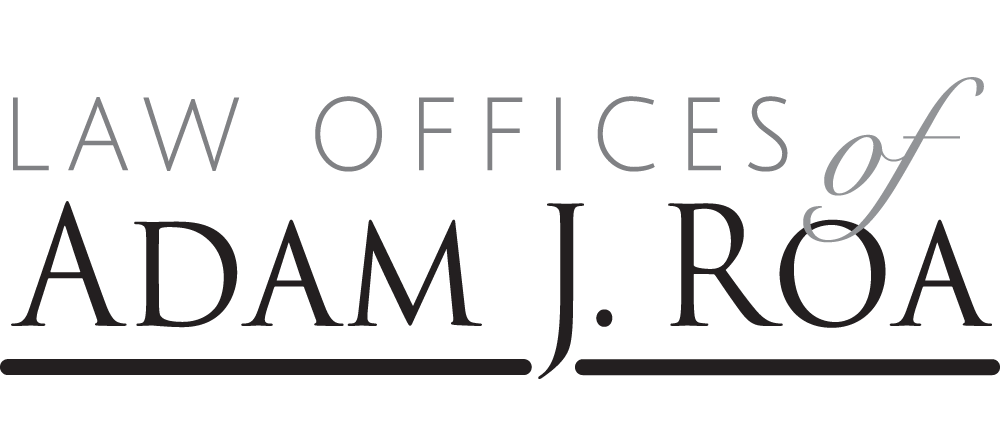The Scary Truth Behind Netflix’s “I Care a Lot”
I Care a Lot is a recently released Netflix film that follows the fictional account of a nursing home administrator who systematically exploits the elderly for financial gain. There are dramatic scenes of Marla Grayson (the nursing home administrator) with her wall of mugshots of her elderly residents. It shows a dramatic insensitivity that the…

